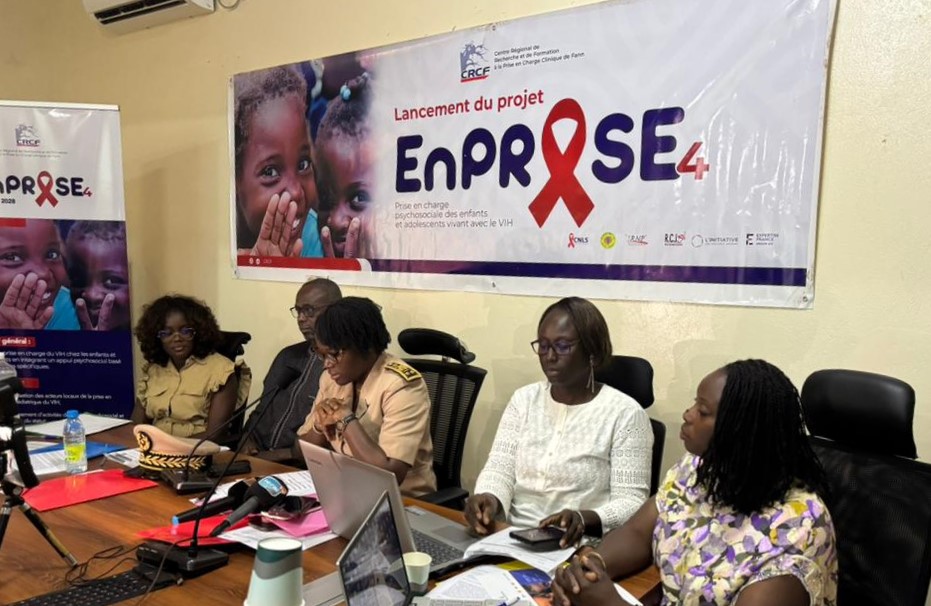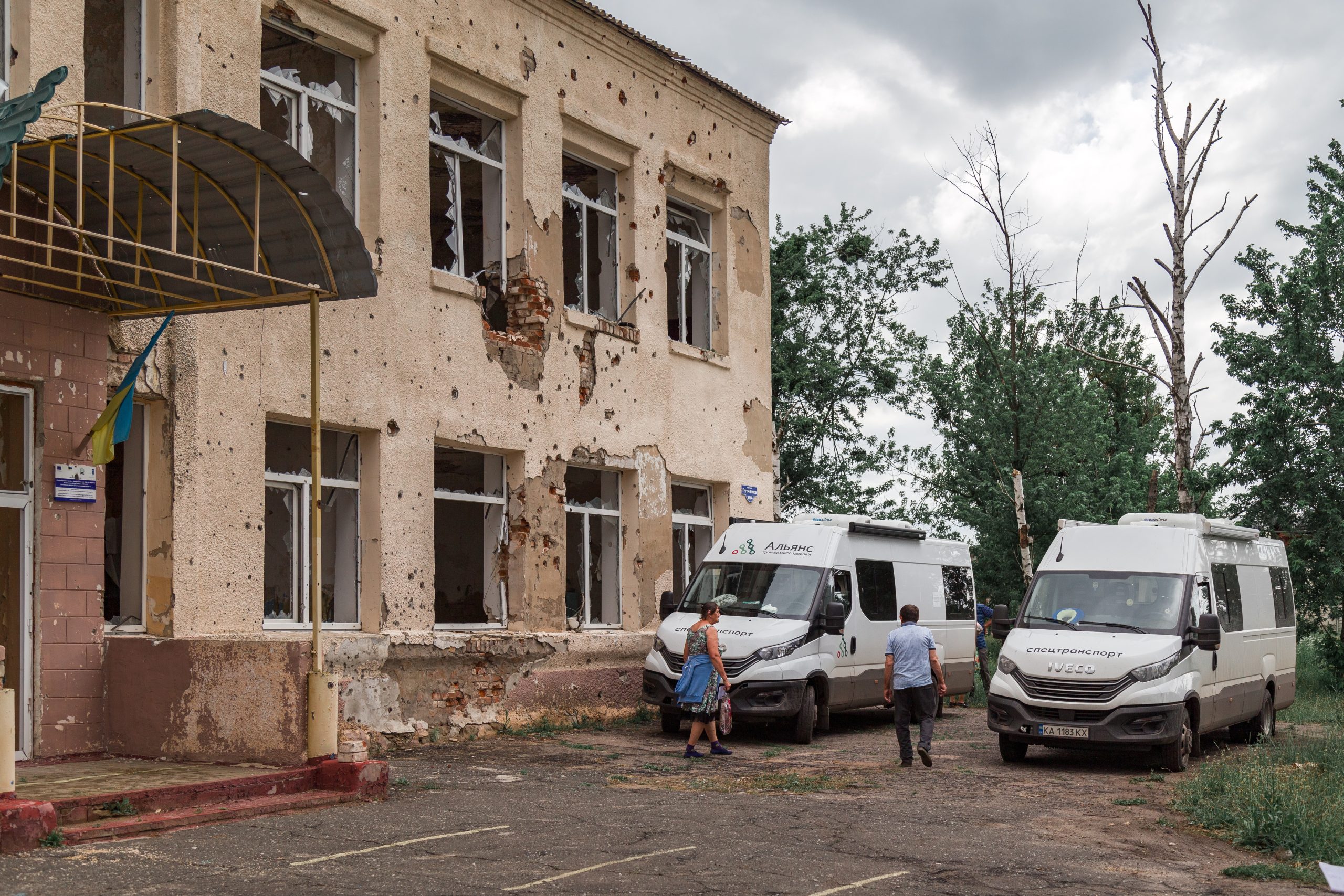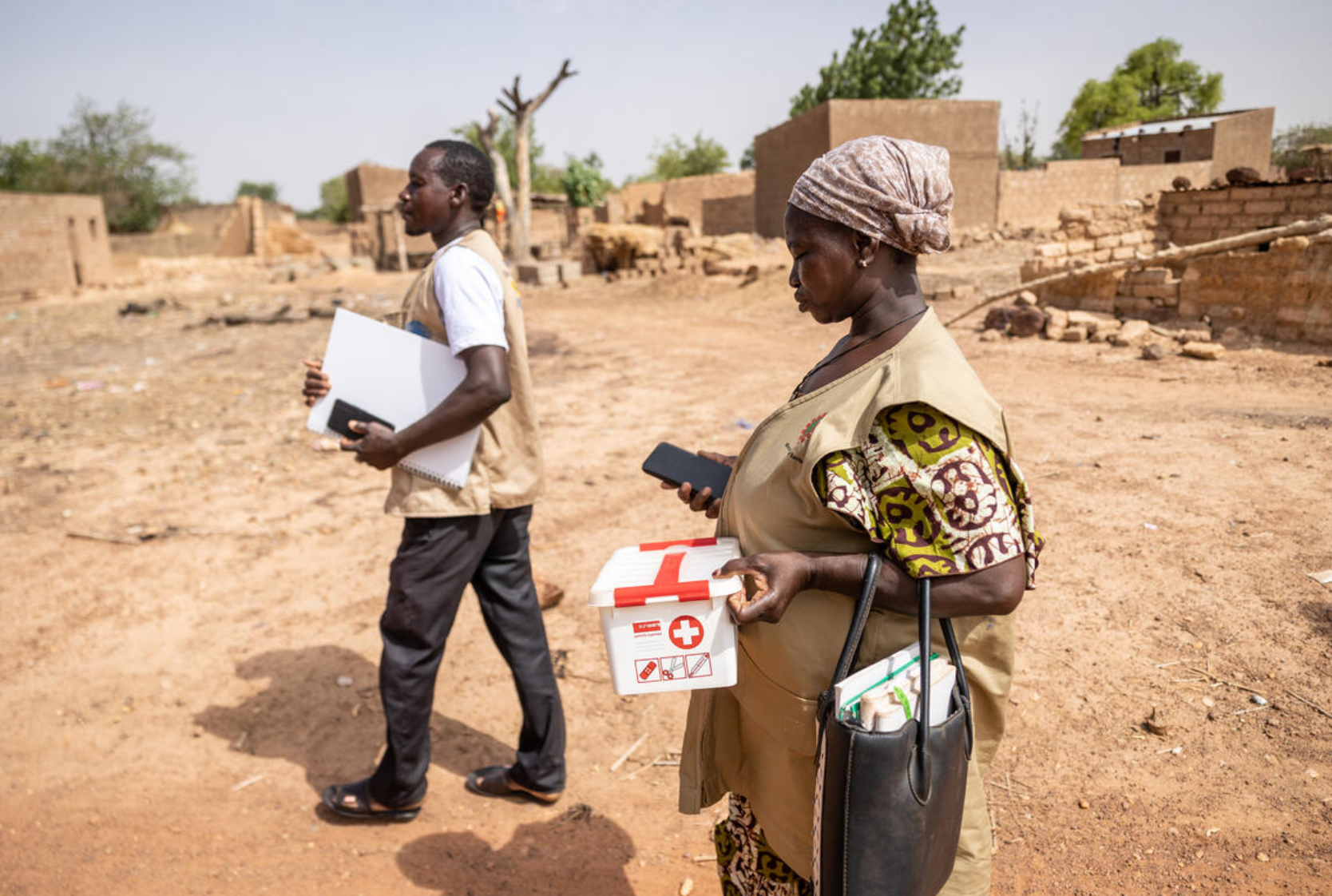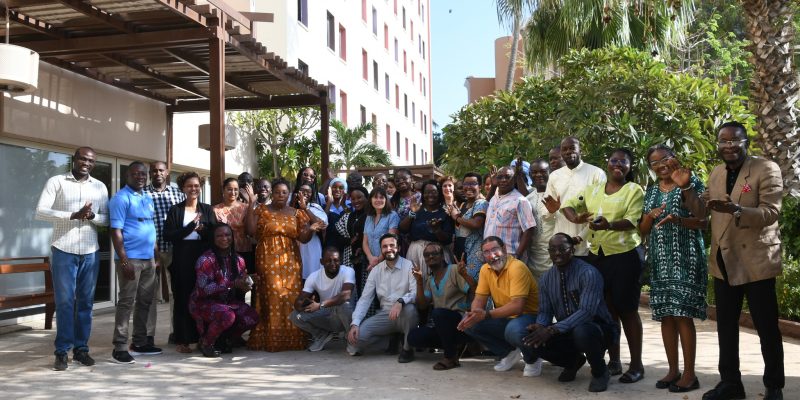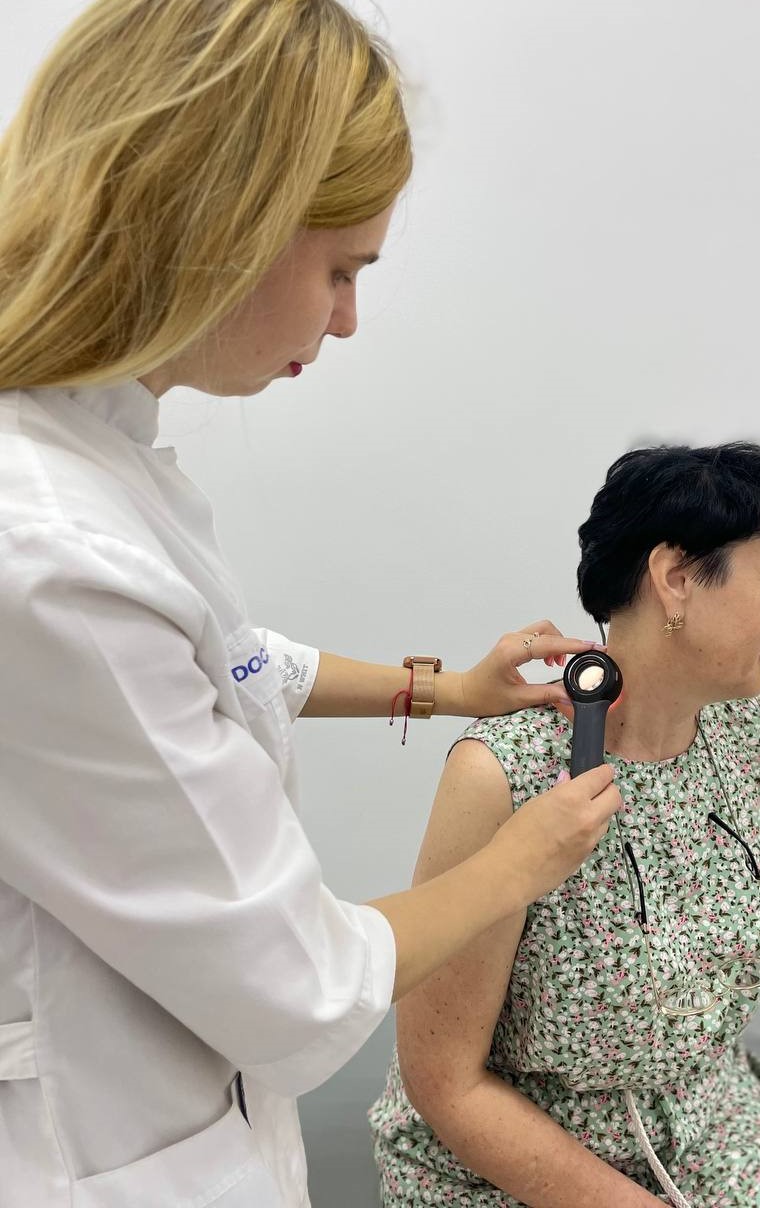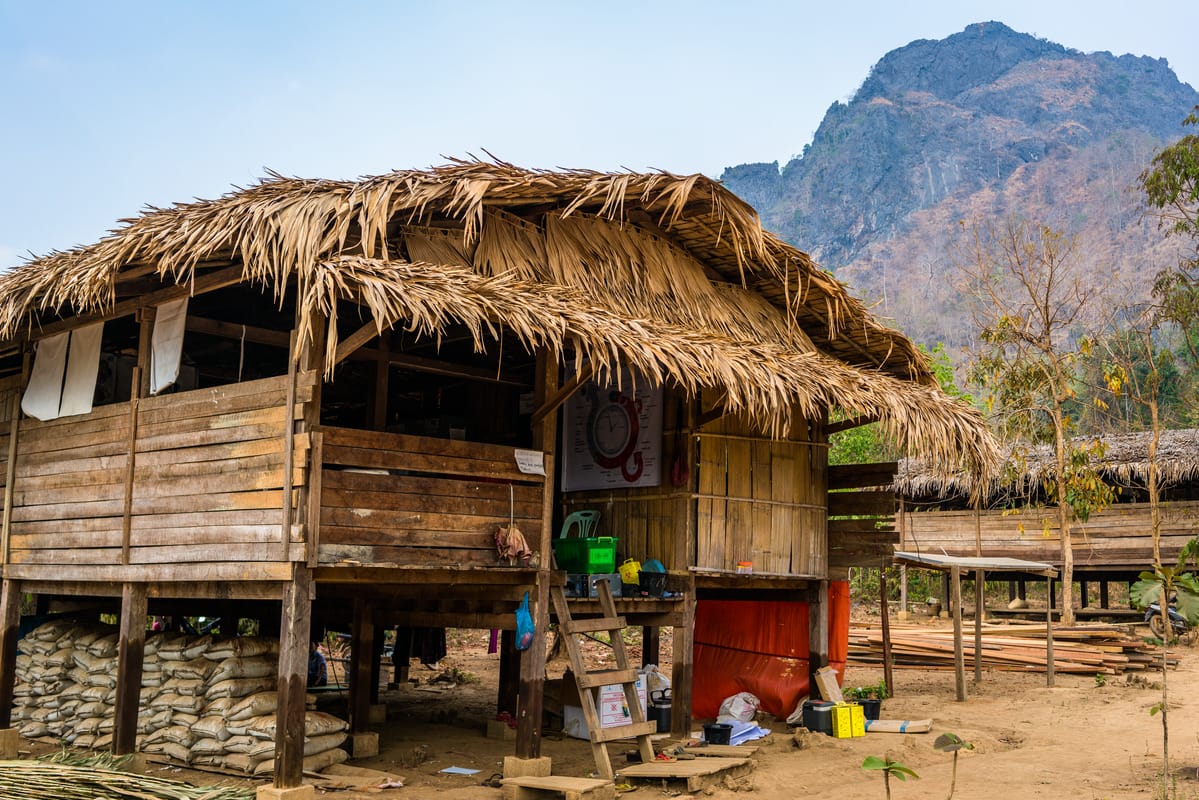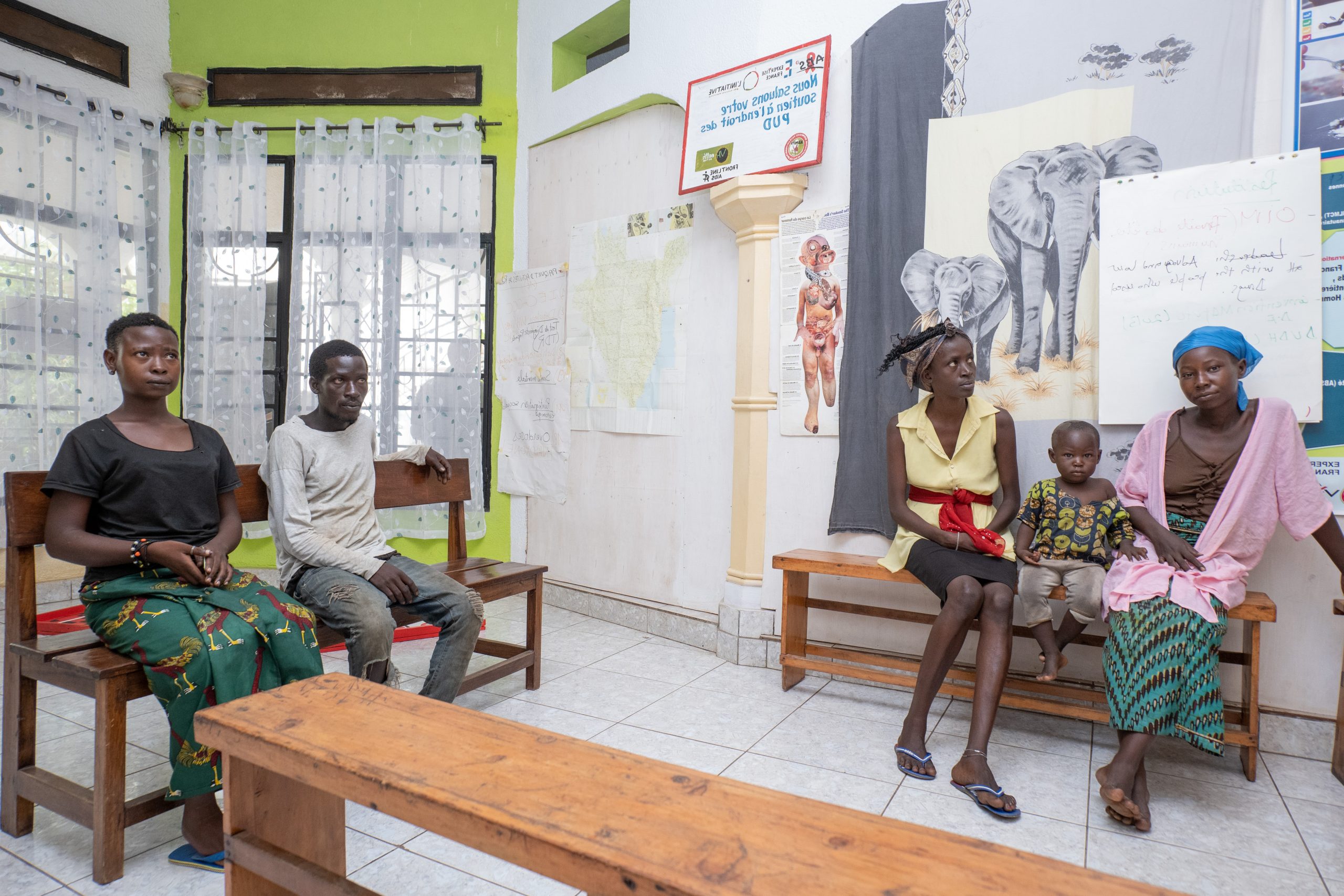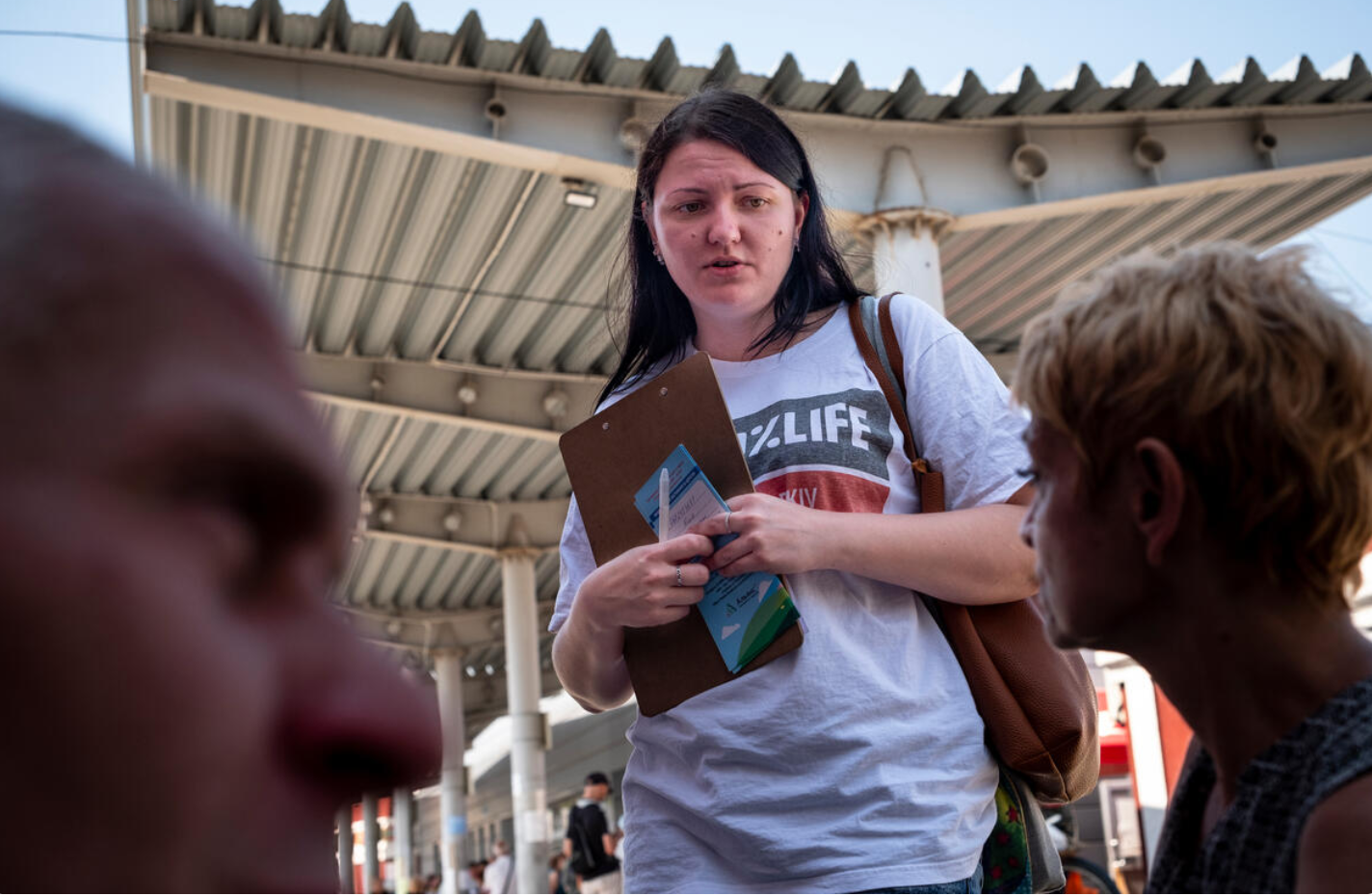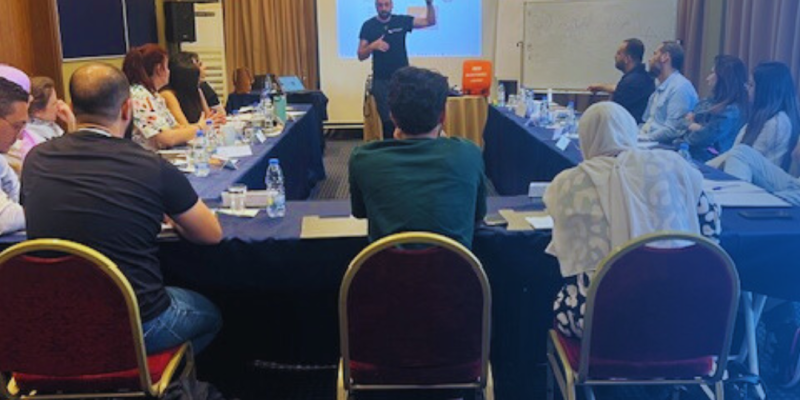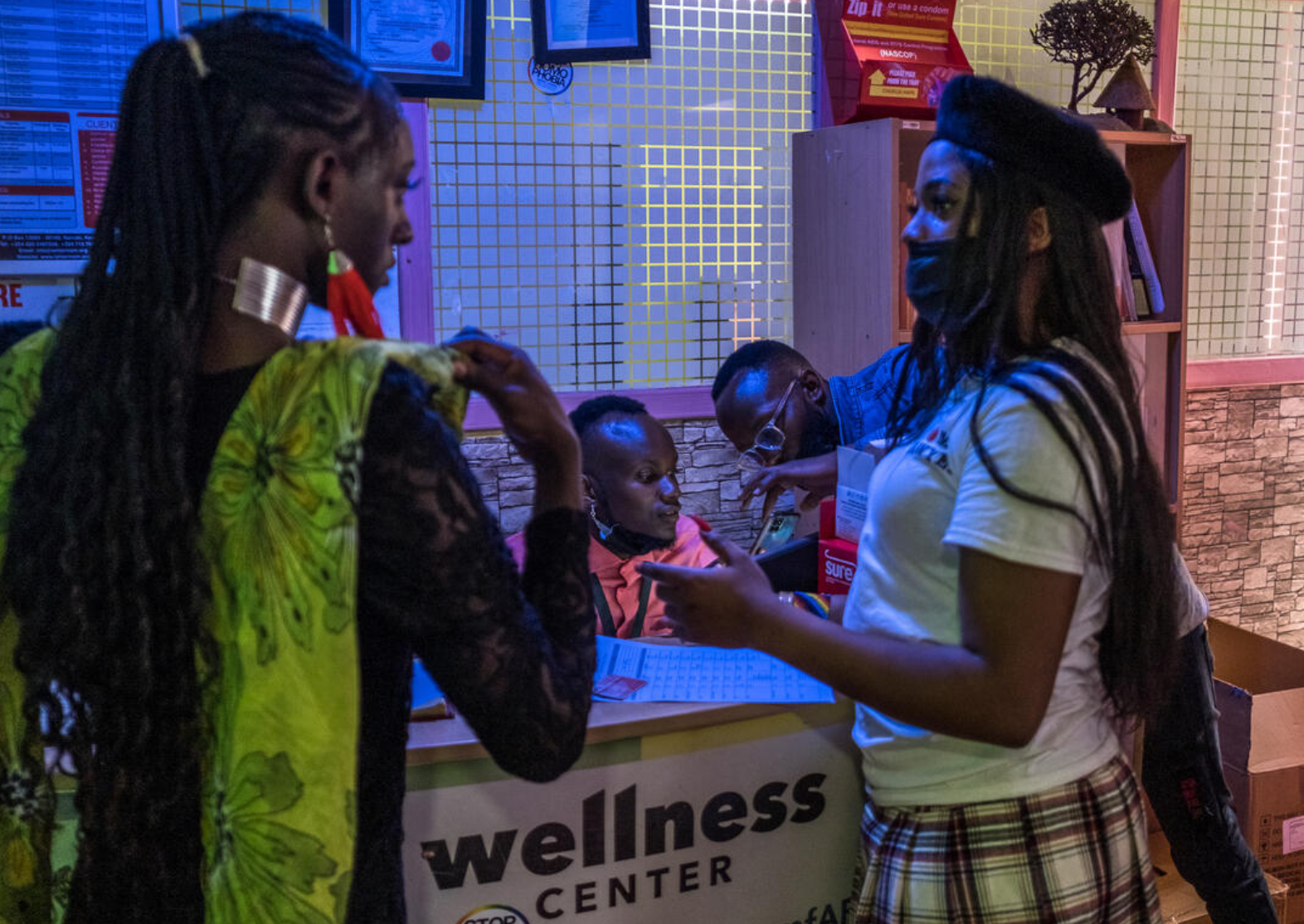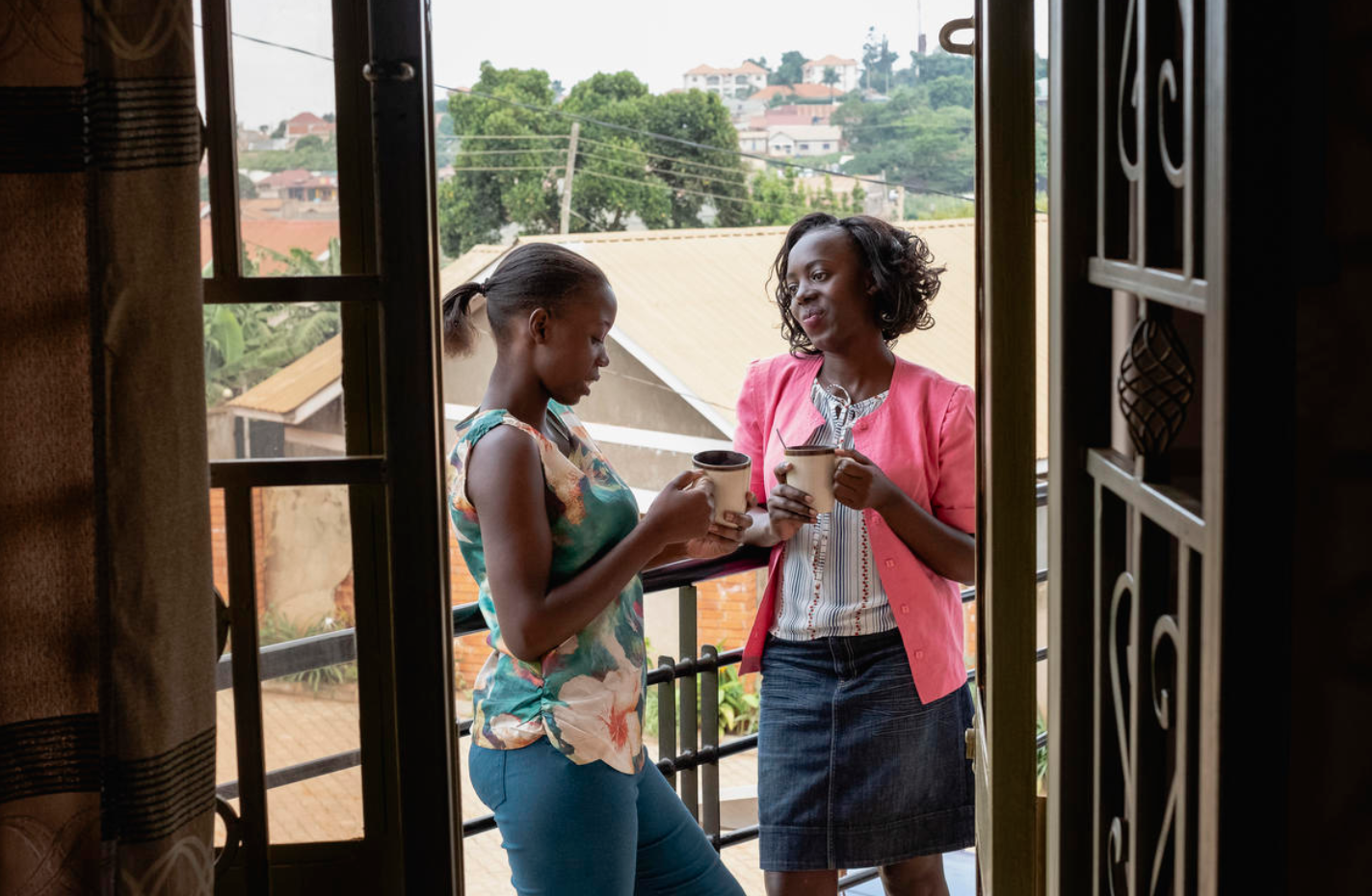EnPRISE 4 rolls out nationally an integrated pediatric HIV care model combining skills strengthening, therapeutic education, youth empowerment and support for the transition to Dolutegravir, to achieve the 3 × 95 targets in young people.
Context
In 2023 in Senegal, 3,600 children aged 0–14 live with HIV, of whom only 43 percent are diagnosed, 41 percent are on antiretroviral, and 32 percent have achieved viral suppression. A preliminary survey (2015) showed that 64 percent of children followed outside Dakar experienced treatment failure. These figures reflect limited access to testing and virological monitoring, compounded by a lack of trained personnel, insufficient psychosocial support, fragile infrastructure, and persistent stigma. To address these gaps, the EnPRISE 3 project (2020–2023) established nine regional hubs, trained 600 healthcare and community actors, and deployed a national continuous training platform. Nevertheless, psychosocial support remains uneven, adolescents’ access to sexual and reproductive health services is limited, and the transition to Dolutegravir (DTG) has been scarcely evaluated.
Description
EnPRISE 4 builds on EnPRISE 3’s achievements to extend its activities to all regions of Senegal:
- Skills strengthening: Practical training for healthcare and community actors via the continuous‑training platform;
- Psychosocial and economic support: Disclosure support and tailored therapeutic education (support groups, mentoring, TPE tools), financial assistance for transport, hospitalization, and prescriptions to improve retention and adherence;
- Youth empowerment: Personal development workshops, enhanced access to sexual and reproductive health services for adolescent girls (sensitization, educational/professional support);
- Virological monitoring and testing: Annual testing campaign for siblings, systematic viral‑load measurement, and strengthening of data quality;
- Studies on the virological and social impact of the transition to DTG and of the support measures on care retention.
Impact
The project aims to improve virological outcomes, the quality of follow‑up, and retention of children and adolescents living with HIV. It seeks to remove financial and psychosocial barriers, strengthen young people’s agency, and firmly embed paediatric HIV care within national priorities.
